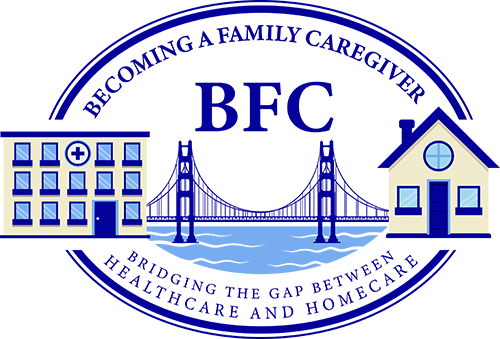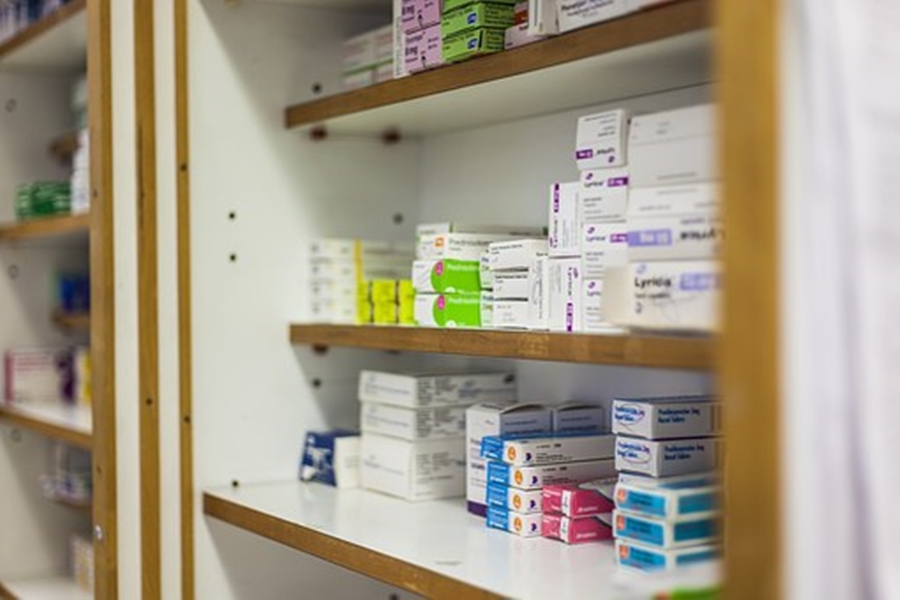What Is a Medication
When the doctor asks you what medication you take, he needs a complete list. To help you not forget anything, first consider the form in which medicine might appear. Medicines come in all shapes and sizes so that you may have some in the bathroom, bedroom, kitchen, purse, etc. They could be pills, tablets, capsules, caplets, injections, creams, ointments, eye drops, nose drops, oral suspensions, drinks, sprays, rubs, patches, inhalers, intravenous, suppository, held under the tongue, or inside the cheek. Furthermore, your medicines could be in a container label with a prescription, or it might be:
- Vitamins, minerals, herbal supplements, protein powders, dietary supplements, health food pills, powders, or drinks containing supplements.
Supplements Impact Medication Use
Herbs, spices, vitamins, and other nutrients impact the body’s fluid and electrolyte balance, directly impacting how well or how poorly the body functions. All this influences how medication’s reaction in your body either works for us or against us. Often a healthcare provider asks what a patient is currently taking, but they forget to ask about home remedies, supplements, or foods that the patients regularly take for medicinal remedies. These items are very important for the doctor to include in the patient’s health history because they can significantly influence their health.
Foods May Interfere With Medication Effectiveness
If there are foods that the patient eats EVERY day, that food may potentially impact the patient’s response to medications if the food contains ingredients that interact with the chemical in the medication; therefore, bring them up, just in case.
Many people add supplements and vitamins to their diets based on news articles of TV programs and then forget why. However, they continue to take the supplement for years afterward. Periodically, inventory what you take. If you can’t find a reason for something you’re taking, stop using it.
Recognize Drug Names
Most of us talk about our medications using the name of the drug the doctor used the first time we received it. Often that is the brand name we hear advertised on television. However, medications have many names. Tylenol with codeine, for instance. Tylenol #3 is a brand name. The generic name is Acetaminophen/Codeine. The drug classification is an analgesic meaning it provides pain relief, and because it has codeine, it is also an opioid. Therefore, when your doctor talks to you about this medication, he may say that you are receiving Acetaminophen with codeine instead of Tylenol #3 because “in medical speak” in the hospital, medications go by their generic names rather than a brand or common name.
Why Use Generic Names for Medications Instead of Brand Names
Once a patent no longer protects a new medication, other drug companies can reproduce similar formulas and distribute “copycat” drugs. At that point, the marketplace has multiple versions of the same drug, but all have different names and slightly different effectiveness depending on the distribution of chemicals used.
Since the drug companies do not share information, it is natural that their research outcomes are different. For example, different drug reactions might occur from Acetaminophen’s alternate formats based on how the manufacturer completed the formula. In addition, each pharmacy and hospital have suppliers from whom they buy generic products.
During hospital admissions, your medications come from this stockpile of generic medicines. Therefore, the common denominator between your list and their supply chain is the generic brand of the drugs you currently take. Creating a table showing all your medication’s generic and brand names helps you follow conversations in the hospital where they use both names routinely. In addition, you can find the generic name on the literature the pharmacy gives you.
Do Not Take Extra Medicine While in the Hospital
By the way, in case no one has ever told you this before, they ask you not to take additional medication while you are in the hospital because they track how you respond to what you take. If the doctor is unaware that another medication influenced a clinical reaction, he might make an inappropriate medical decision based on misinformation and cause you harm.
An Example of How Secretly Taking Medicine In the Hospital Can Hurt You
Let me demonstrate: You take pain medication for chronic back pain. Earlier today, you took two Tylenol #3 tablets. An hour later, you still had pain and decided to get two Valiums out of your suitcase. (You were hurting.) You know the Valium will not hurt you, and the nurse said you couldn’t have anything else for another two hours, so you had your friend hand you the suitcase, and you took the Valium. It worked. The pain went away.
You solved your immediate problem. However, you created a new one. The nurse makes her rounds later and asks how your pain is doing. You tell her it finally has gone away because it has. She makes a note of that in her charting. The doctor sees that the two Tylenol #3 he ordered worked and did NOT increase your medication dose even though the nurse told him you asked for the increase. He assumes that the pain got better with the dose he initially ordered. The result is that you don’t have the additional medicine you need later that night.

